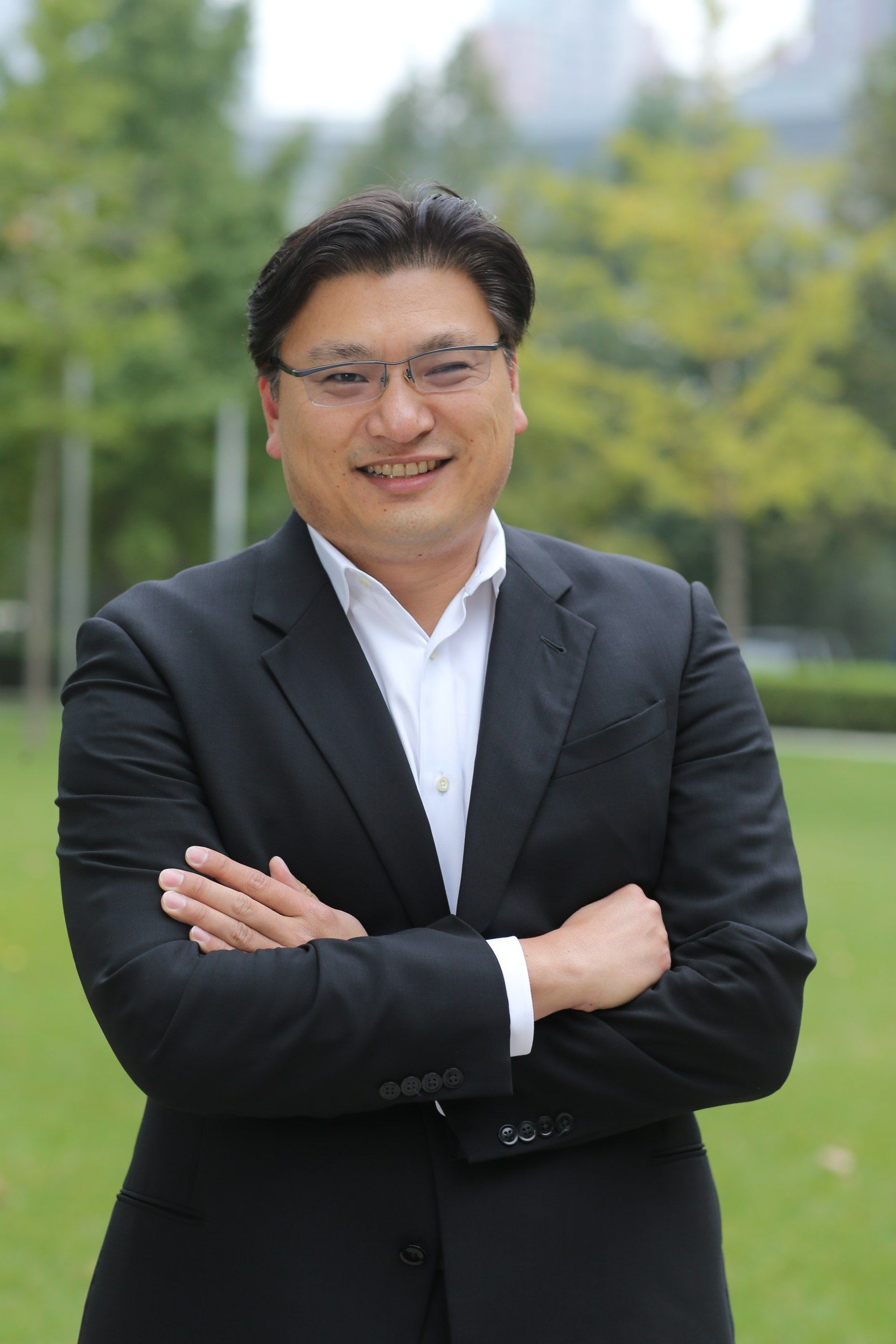
Private credit, which includes direct lending to companies, is a fast-growing asset class that is becoming a bigger source of funding for businesses from tech start-ups to real estate companies.
Institutional investors and wealthy individuals have been putting more money in private-credit funds, which can make secured or unsecured loans, invest in distressed debt, or structure customised debt solutions for individual corporate borrowers that don’t qualify for traditional bank loans.
In its statement on Saturday, Granite Asia said it intends to expand into other asset classes and markets in the region, without giving details. It added that the plans reflect “the evolving needs of businesses and investors”.
US venture firm GGV Capital to spin off China operations
US venture firm GGV Capital to spin off China operations
GGV founding partner Thomas Ng, former GIC president for Special Investments Teh Kok Peng and Teo Ming Kian, former chairman of Singapore’s National Science and Technology Board, will be on an advisory council to guide Granite Asia’s expansion, according to the firm.
The firm is also likely to wait for at least one to two years before it raises another venture-capital fund, one of the people added. GGV’s last major funding round was in 2021, when it raised US$2.52 billion for four of its funds.
GGV’s US partnership will be known as Notable Capital, according to the statement on X. The US firm will be led by managing partners Glenn Solomon, Hans Tung, Jeff Richards and Oren Yunger. It will invest primarily in the US and Europe.

In the past year, politicians and regulators in Washington and Beijing have amped up scrutiny of cross-border tech investments, making it increasingly hard for venture firms to navigate a changing geopolitical landscape.
Biden limits US investments in China tech, makes ‘emergency’ declaration
Biden limits US investments in China tech, makes ‘emergency’ declaration
With governments increasingly scrutinising how companies handle data and where they get funding from, investors in cutting-edge technology and biotech firms have had to set up firewalls between different regions.
As part of GGV’s split, the US and Asia operations have localised and separated data storage for different geographies to ensure they comply with local government requirements, one of the people said.
GGV’s legacy funds will remain in operation, and their undeployed capital will be invested in existing portfolio companies and new opportunities, the people said. In mainland China, GGV’s yuan-denominated funds will continue to operate independently under the Jiyuan Capital brand led by Eric Xu, GGV said earlier.




